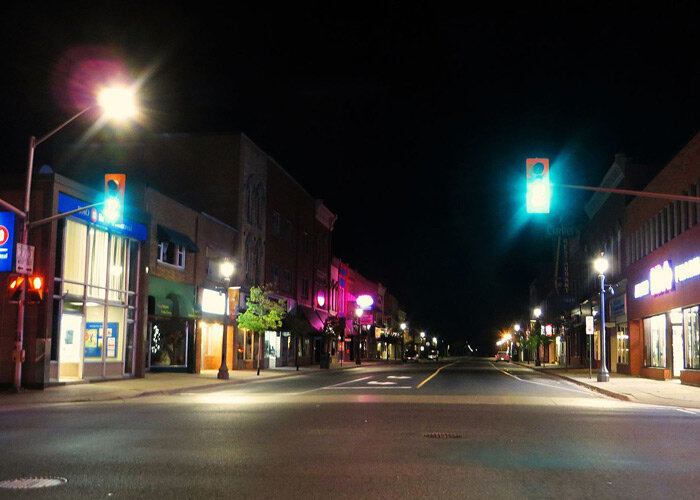Getting to Know Aylmer, Ontario
Aylmer is a town in Elgin County in southern Ontario, Canada, just north of Lake Erie, on Catfish Creek, 20 kilometers (12 mi) south of Highway 401.
John Van Patter, an emigrant from New York State, became the town’s first settler in October 1817. During the 1830s a general store opened and village lots were sold. Originally called Troy, Aylmer was later renamed in 1835 after Lord Aylmer, then Governor-in-Chief of British North America. By 1851 local enterprises included sawmills and flour-mills powered by water from Catfish Creek. By the mid-1860s, Aylmer became the marketing centre for a rich agricultural and timber producing area, due in part to its easy access to Lake Erie. Benefiting greatly from the construction of the 230 km Canada Air Line Railway from Glencoe to Fort Erie, Aylmer became an incorporated village in 1872 and a town in 1887.
A Royal Canadian Air Force Training Facility, RCAF Station Aylmer was located just north of Aylmer in Malahide Township from 1941 to 1961. This station is now home to the Ontario Police College and The Aylmer Wildlife Management Area.
Former mayor (1994–2003) Robert Habkirk was again elected the mayor of Aylmer on November 13, 2006 to a four-year term. He was defeated by the former principal of East Elgin Secondary School, Jack Couckuyt, by a wide margin on October 25, 2010. The town is currently governed by mayor Greg Currie.
In 2004, a new arena, the East Elgin Community Complex, was completed to house the many hockey leagues in town. The Old Town Hall which is also home to the library, features a restored theatre with the occasional play performance. For history buffs, the Aylmer Museum maintains a collection of 19th century Victorian art pieces created from hair.
The tobacco growing industry played a large part in the economic development of Aylmer. Imperial Tobacco Canada built a plant in Aylmer in the mid-1940s. At its peak, Imperial employed more than 800 full-time and seasonal workers. After declining tobacco sales in Canada, Imperial began downsizing in the 1990s. In October 2005, Imperial Tobacco announced that the Aylmer and Guelph, Ontario plants would close. The plant closed permanently in July 2007, putting the remaining 75 employees out of work.
In early 2014, WeedMD began converting Imperial Tobacco's former plant into a medical marijuana production facility. According to CEO, Bruce Dawson-Scully, "it is a good feeling to know that we're transforming a facility that contributed to the decline of our nation's health into one that will ultimately provide relief from illness." Phase 1 consisted of a 26,000 sq. ft. structure completed with retrofit, but WeedMD ultimately plans to expand this production facility to more than 100,000 sq. ft. in 20,000 sq. ft. increments. Furthermore, the company expects to hire as many as 100 employees over the course of the next two years.

